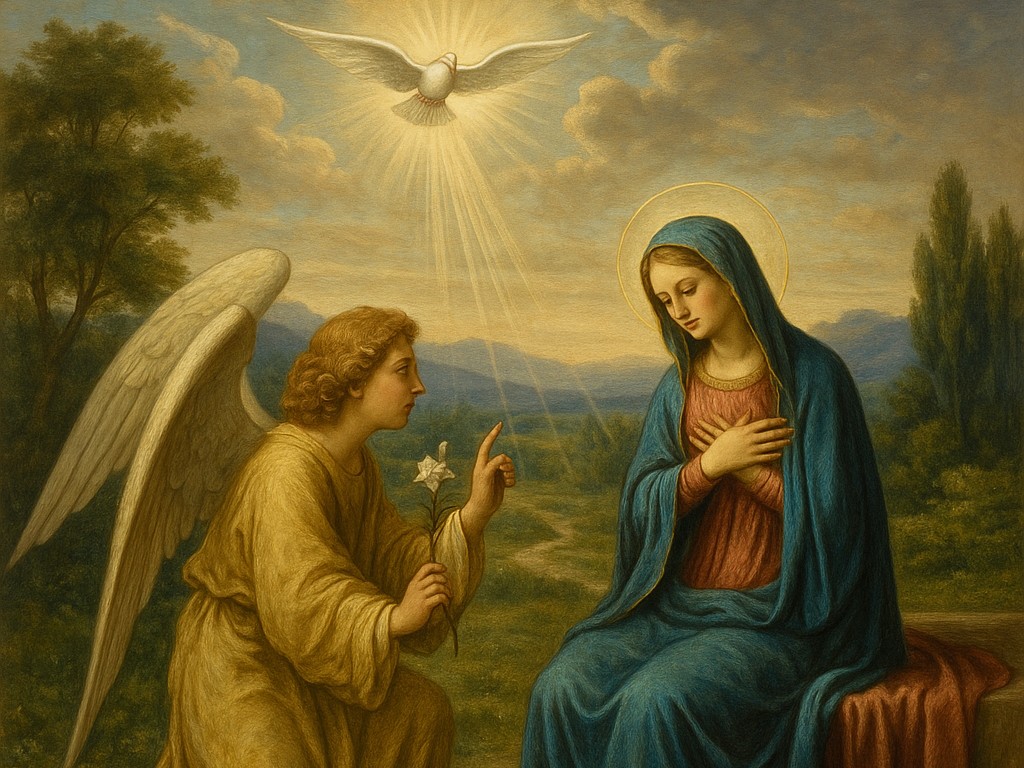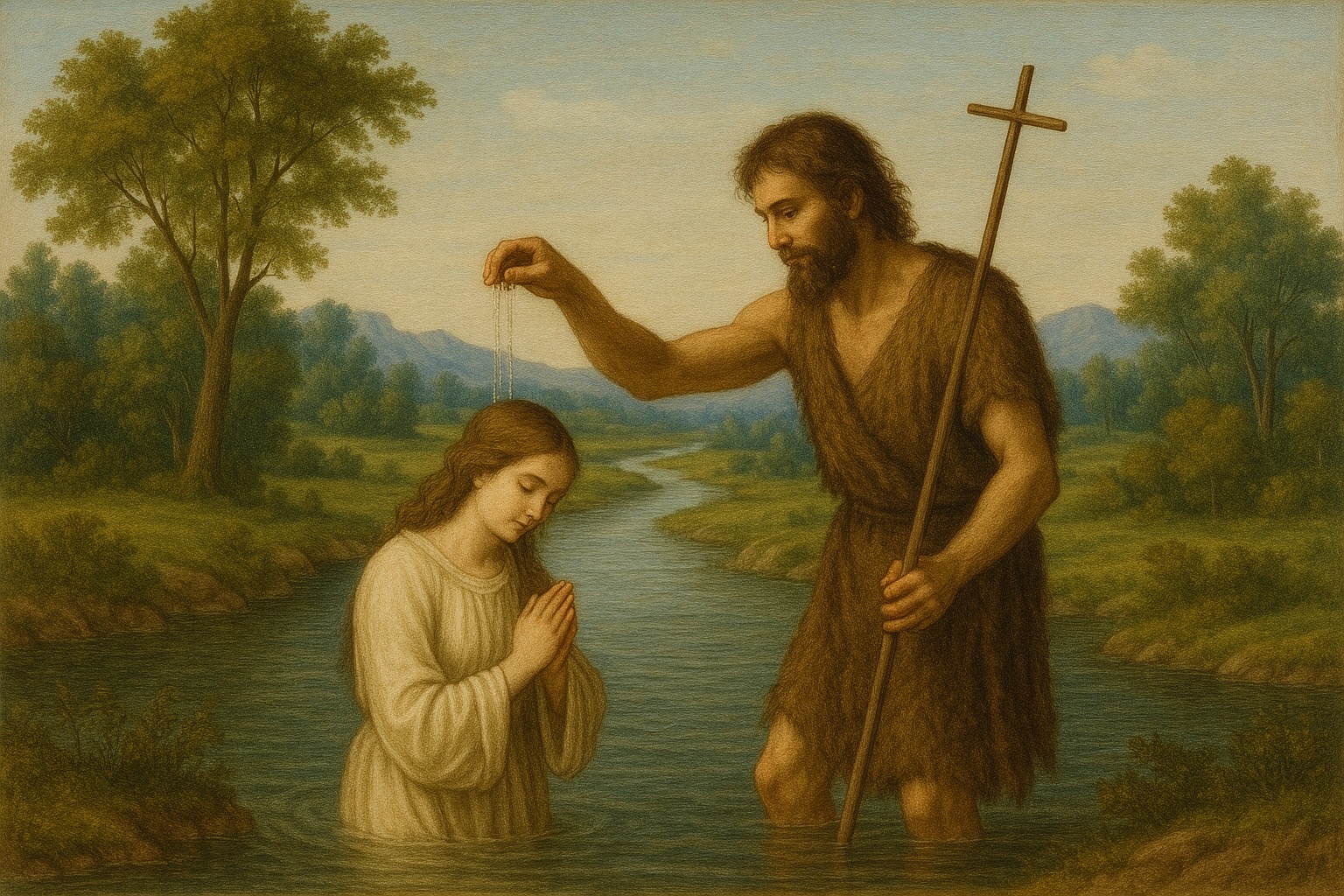The truth of divine wisdom
15 February, 2026 6th Sunday, Year A
Matthew 5:17-37

Australians have long grumbled about the “nanny state.” We roll our eyes at tobacco excises, plain packaging laws, bicycle helmet requirements, and bans on advertising to kids. Yet, if we’re honest, no one lying in a hospital bed with lung cancer, managing type 2 diabetes, or recovering from a head fracture, ever mutters, “This wouldn’t have happened if the government had just stayed out of my business.”
Deep down, we know that some laws exist not to stifle us but to save us. They’re less about control and more about keeping us alive and well. This weekend’s readings invite us to see God’s law in that same light; not as divine overreach but as wisdom designed for human flourishing.
Sirach reminds us just how much God respects human freedom: “If you choose, you can keep the commandments” (Sir 15:15). God does not impose the divine will upon us. Like public health policies, the commandments are set before us as a path of life, not as a compliance regime. Sirach’s image of choosing between “life and death” (Sir 15:17) is less about punishment and more about recognising that our decisions shape who we become.
The psalmist sees the “wonders” of God’s law (Ps 119:18). This isn’t the awe of a bureaucrat admiring a perfectly filled-out form; it is the delight of someone who recognises that God’s ways lead to peace, integrity, and deep contentment. The psalmist isn’t one who revels in rules; but one who wonders at the simple and self-evident wisdom inherent in God’s law.
Paul speaks of a hidden wisdom that the world doesn’t easily recognise—wisdom rooted in love rather than self-interest, in the Cross rather than cleverness. God’s wisdom does not operate like the shifting advice of “this age,” which prioritises individual success over communal wellbeing. Divine wisdom seeks communion, justice, and healing: all the things that help humanity to flourish. It is revealed, Paul says, by the Spirit who searches “the depths of God” (1 Cor 2:10) and leads us into those depths ourselves.
Matthew’s Jesus insists he has not come to abolish the law but to fulfil it (Matt 5:17). But fulfilment doesn’t mean tightening the rules; it means deepening them. Jesus directs our attention away from external actions to the dispositions of the heart. He’s not adding more red tape. He’s revealing that true obedience is not about external regulation but internal transformation – a radical change of heart and mind. The law’s purpose is to form a people capable of love.
Which brings us back to our Australian examples. Just as no one on a hospital ward complains about the nanny state, so no one who has contemplated the “depths of God” complains that divine law is restrictive. God’s law, like the best human laws, is given so we might flourish; not in fear, but in freedom shaped by sure wisdom and self-sacrificing love.
And that, ultimately, is the kind of “plain-packaged” law worth a moment or two of wonder.
Ian J Elmer
© Majellan Media 2026
We encourage you to share and use this material on your own website. However, when using materials from Majellan Media, please include the following in your citation: Sourced from www.majellan.media






